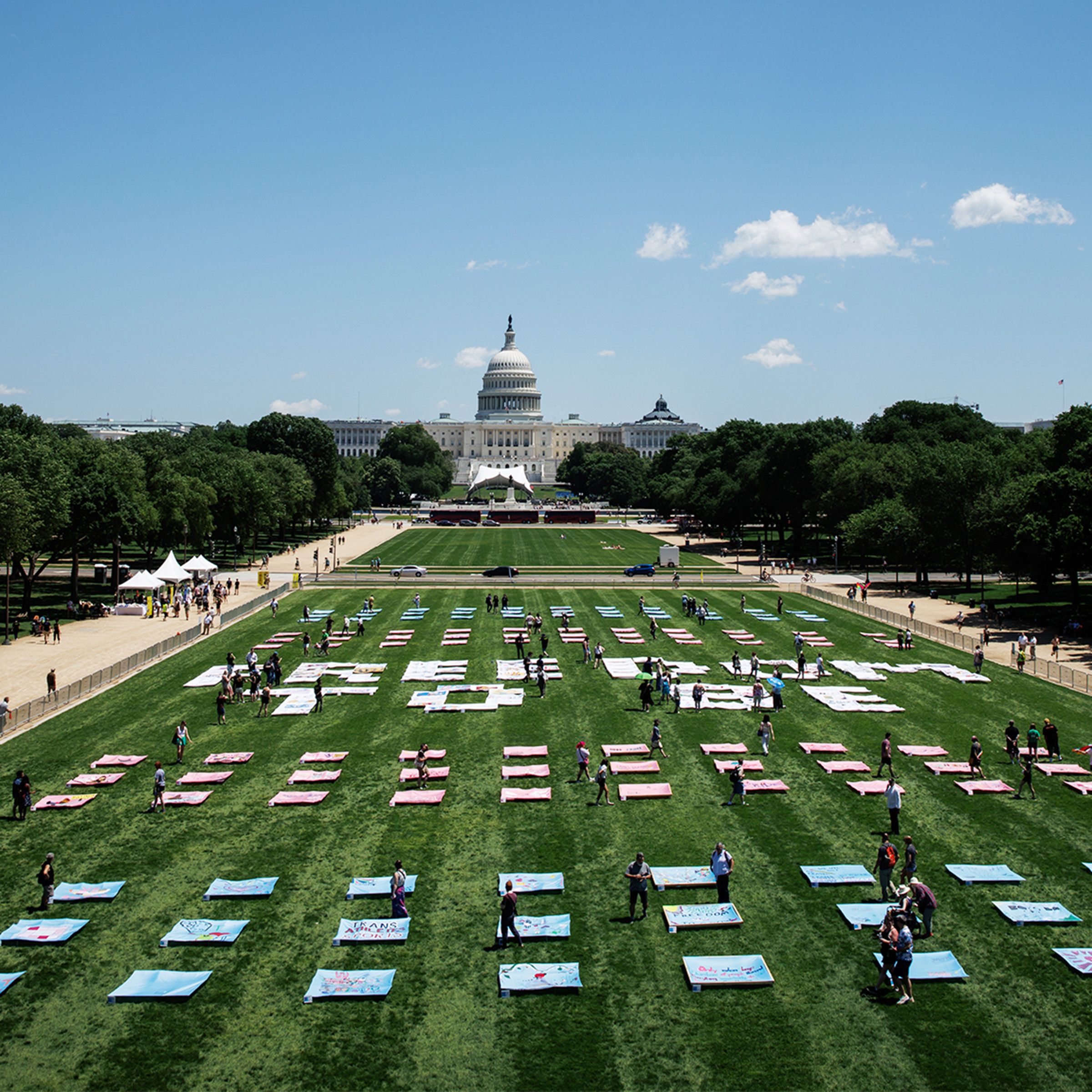US Supreme Court Upholds Tennessee’s Ban on Gender-Affirming Care for Minors
The US Supreme Court recently made a controversial decision to uphold Tennessee’s ban on gender-affirming care for minors. This ban prohibits healthcare providers from providing treatments such as puberty blockers, hormone therapy, and gender-affirming surgeries to individuals under the age of 18.
Supporters of the ban argue that minors are not capable of making such life-altering decisions and that these treatments may have long-term consequences that they are not able to fully understand. They also believe that minors should wait until they are of a legal age to make decisions about their gender identity.
Opponents of the ban, on the other hand, argue that it is discriminatory and harmful to transgender and gender-nonconforming youth. They believe that these treatments are essential for the mental and emotional well-being of minors struggling with their gender identity.
The decision by the US Supreme Court has sparked outrage and debate among advocacy groups, healthcare providers, and LGBTQ+ communities across the country. Many fear that this ruling sets a dangerous precedent for the rights of transgender individuals and undermines their access to necessary medical care.
Despite the ruling, there are ongoing efforts to challenge the ban and protect the rights of transgender minors in Tennessee and beyond. Advocates are calling for legislative action to overturn the ban and ensure that all individuals have access to appropriate and affirming healthcare.
It remains to be seen how this decision will impact the lives of transgender and gender-nonconforming youth in Tennessee and beyond. The fight for equal rights and healthcare access for all individuals, regardless of gender identity, continues as the debate over this issue rages on.
In conclusion, the US Supreme Court’s decision to uphold Tennessee’s ban on gender-affirming care for minors reflects the complex and contentious nature of issues surrounding gender identity and healthcare. It underscores the need for ongoing dialogue, advocacy, and action to protect the rights and well-being of all individuals, especially those who are most vulnerable.






More Stories
Congress Demands Answers on Data Privacy Ahead of 23andMe Sale
A European Startup’s Spacecraft Made It to Orbit. Now It’s Lost at Sea
The Largest Camera Ever Built Releases Its First Images of the Cosmos